Salomon Malka is a journalist and writer. Her latest book
Elena Ferrante: In Search of the Prodigious Friend
(2022), was published by Éditions Ecriture.
To discover
Find all the results of the legislative elections
One of Israel's most gifted, widely read and beloved writers has died of cancer at the age of 85.
He was the author of novels, essays, short stories, plays, political articles, and his books have been translated all over the world, particularly in France where his novel
Retrospective
won the Prix Médicis Etranger.
Born in Jerusalem, in the same neighborhoods as his friend, his twin and his alter ego Amos Oz, Avraham Yehoshua, who was nicknamed "Boolie", grew up in a Sephardic family.
The father came from an old family in the holy city originally from Salonica, and worked as an Arabic and English translator at the General Secretariat of the British Mandate.
The mother had arrived from Morocco in Palestine in the early thirties.
After a few years spent in Paris with his wife Ika, a psychoanalyst, he will study philosophy and literature at the Hebrew University.
His first novel,
L'amant
featured six figures who told each other in the first person singular, in the form of monologues, against the backdrop of the Yom Kippur war.
The book will very quickly experience significant success, translated into dozens of languages, brought to the screen and integrated into school curricula.
His entourage testifies that, until his last breath, he continued to hold the pen.
Solomon Malka
The second novel will follow,
Late Divorce
, also built in the "simultaneous" mode.
In all, twelve novels and six short stories.
His latest, most recent short story, written in 2019 when the disease had already declared itself, is an astonishing composition in two voices where the backyard of the rabbinical world is mixed with the problematic personal status of a young woman who 'we want to prevent at all costs from joining her lover, and the half-comic half-utopian dreams where the three monotheistic religions were gathered in a third temple to come which would see the converted woman and the confidant rabbi unite their voices in a hymn to joy and concord.
Ultimate pirouette of the artist who never ceased to be interested in the process of literary creation and who lived the last years of his life in the perpetual quest for all forms of
"So many friends died, he will say in a film which was recently devoted to him, all had finished their shift and I stayed to guard the shop, a pistol in the hand".
His entourage testifies that, until his last breath, he continued to hold the pen.
He could indulge in provocative formulas.
He could shock, sometimes be brutal.
So when he said that a Jew who lived outside of Israel was in his eyes half a Jew.
Stormy outings and sweeping declarations that he prized and which were to earn him some solid spats (the American novelist Nicole Kraus knows something about it!).
For years, decades, he has been writing in the newspapers in defense of a Palestinian state alongside Israel.
And then suddenly, in 2018, there was a total revision of his convictions.
Was it the weariness of seeing this conflict get bogged down?
Was it the feeling that it was too late?
The sincere desire to explore new paths, to seek other solutions?
It was the only time the two great figures of Israeli literature (one should say the three, with David Grossman) saw their paths go their separate ways.
In an interview published two years ago, “Boolie” again returned tirelessly to the subject, being annoyed by the fact that young Israeli authors were detaching themselves from politics.
"You see me," he said, "soon I'll be dead, and I won't
I will not, however, abandon the Palestinian question.
I still have projects and this will be my testament: to invite the Palestinians inside “Israelness”.
The Palestinians, he explained, are not African labor immigrants.
Nor are they refugees from Syria.
They have been children of this land for generations.
Most of them know Hebrew.
They know the codes and participate in them.
Conclusion?
Solutions had to be found.
Invent them.
Most of them know Hebrew.
They know the codes and participate in them.
Conclusion?
Solutions had to be found.
Invent them.
Most of them know Hebrew.
They know the codes and participate in them.
Conclusion?
Solutions had to be found.
Invent them.
Amos Oz and AB Yehoshua.
The sacrosanct tandem of Israeli literature.
The author of these lines has practiced both of them extensively, read many of their books (with a more pronounced fondness for the author of
A Story of Love and Darkness
and a weakness for two of the books by AB Yehoshua which did not have the success they deserved,
The Human Resources Manager from
which a very nice film was made, and
Journey in the Year One Thousand
which was adapted into an opera), carried out a few interviews with them, and even sacrificed to the rite of the visit to the great writers, in Arad, this city in the south of the country where Oz withdrew because of a bronchial disease of her son, and in the Carmel of Haifa where the fusion couple formed by "Boolie" and Itka lived.
Yehoshua transported each of his novels into a different universe and worked out his scores almost musically.
Solomon Malka
One was seething, fiery, melancholy and so endearing.
The other quick-tempered, prolific, full of humor and full of imagination.
But one could not be indifferent to the deep friendship which united these two beings.
They called or saw each other once a week, read their books respectively, one over the other's shoulder.
It was said that there was not an ounce of jealousy between them.
It may be true.
But they watched each other out of the corner of their eyes, even if they had the elegance not to show it.
Nicolas de Lange, the very faithful friend and translator of Amos Oz, confirms that they did not deprive themselves of criticism.
On occasion, they were sometimes harsh on each other, and always demanding.
What will be missing after the departure of these two illustrious faces from Israeli letters?
Their next novel which will not appear.
If the prose of Oz was recognizable in each of its sentences and if its favorite themes were perceptible at first glance, Yehoshua transported each of its novels into a different universe and elaborated its scores almost musically.
To this inspired duo, we must add a third thief, Yehoshua Kenaz – whom Oz called Josué -, translator of Balzac and some great classics of French literature.
They were all three inseparable.
Two withdrew from the scene.
The third sinks slowly into amnesia.
This amnesia which is at the center of one of the last novels of “Boolie”,
The tunnel
.
It was the last performance of the artist to tell a character seized by dementia and who experiences this decay in his own way, like a sudden freedom with words, with things, with life.
The last interviews of the deceased writer were still borrowed from this sovereign detachment which he continued to play until his last days.

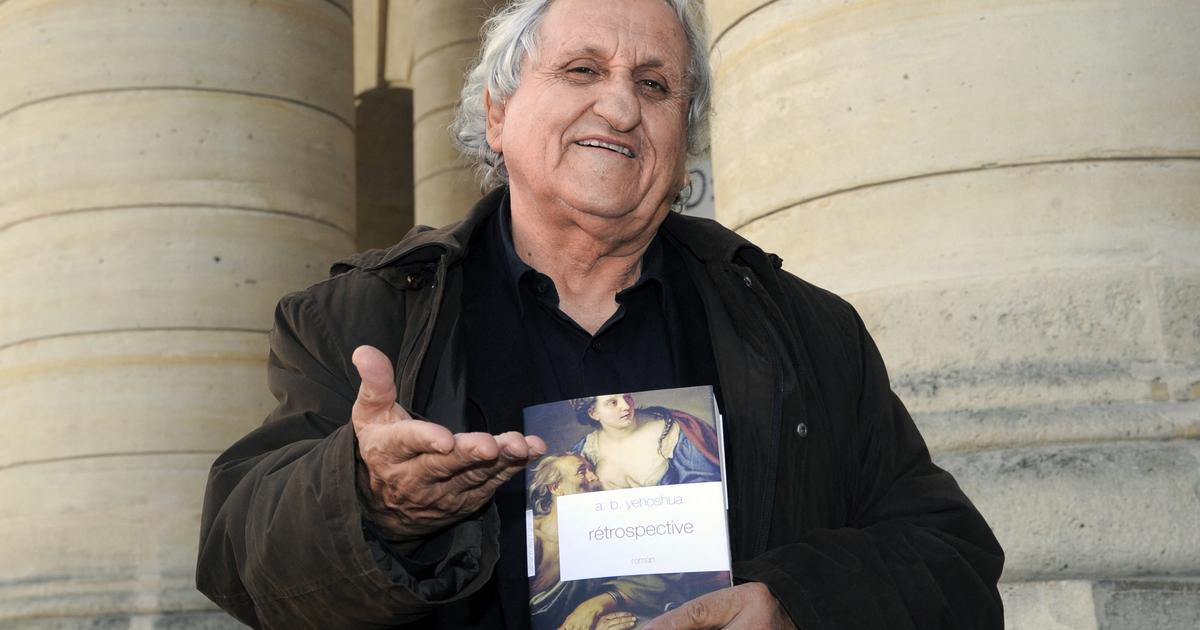
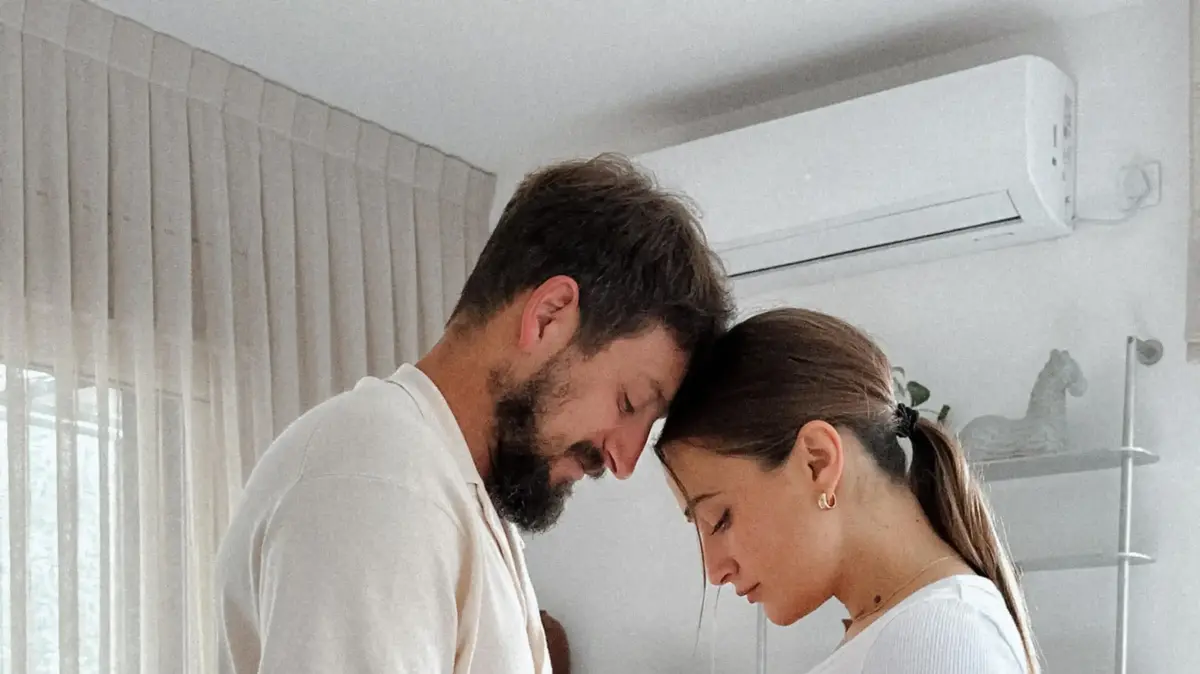
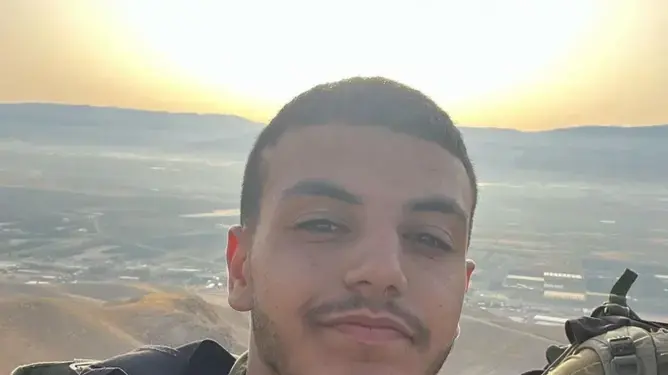
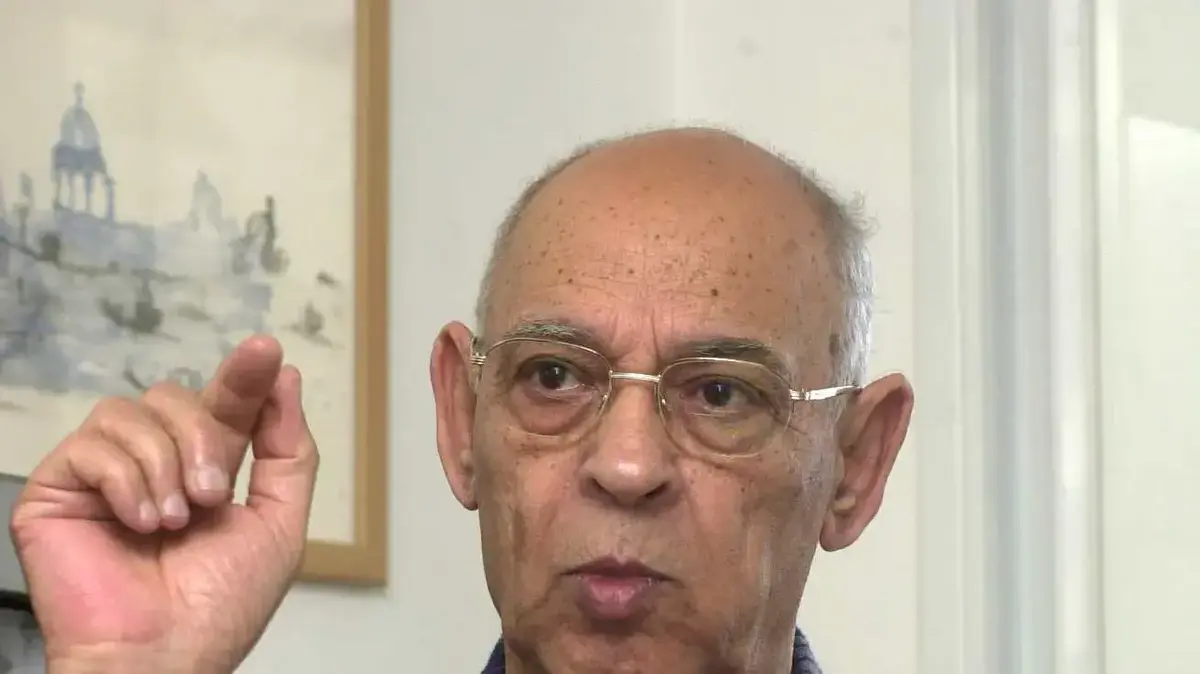
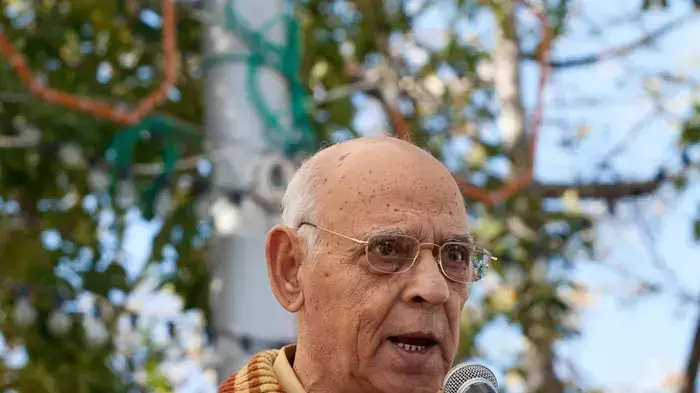
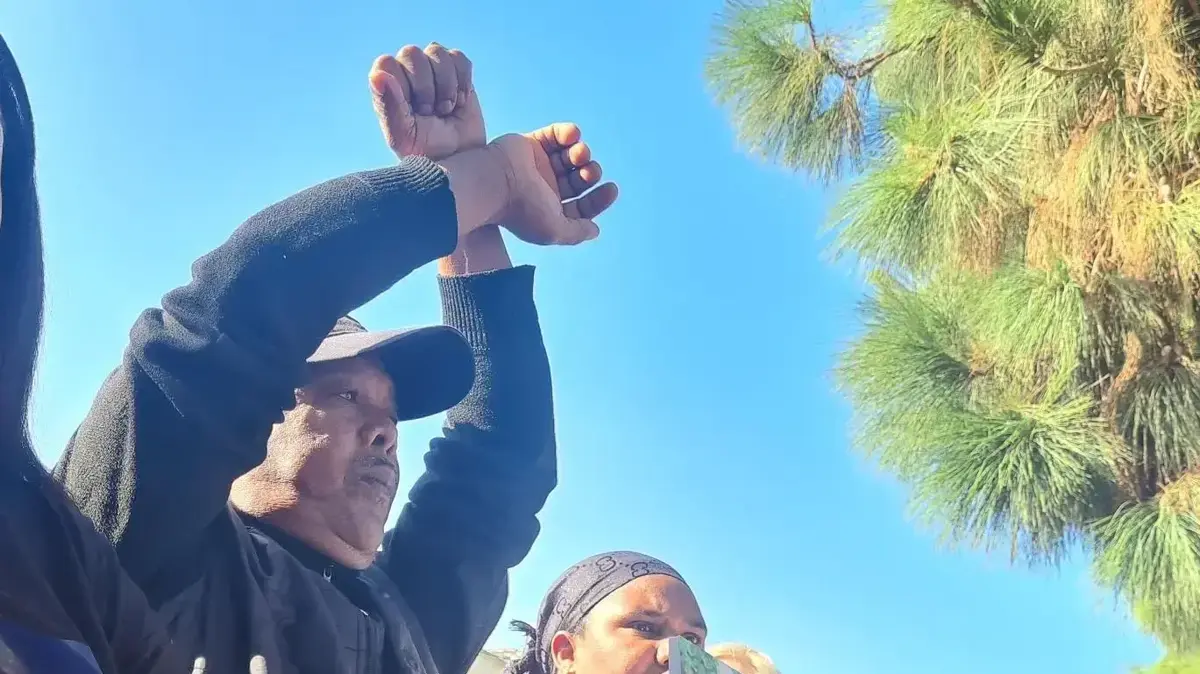
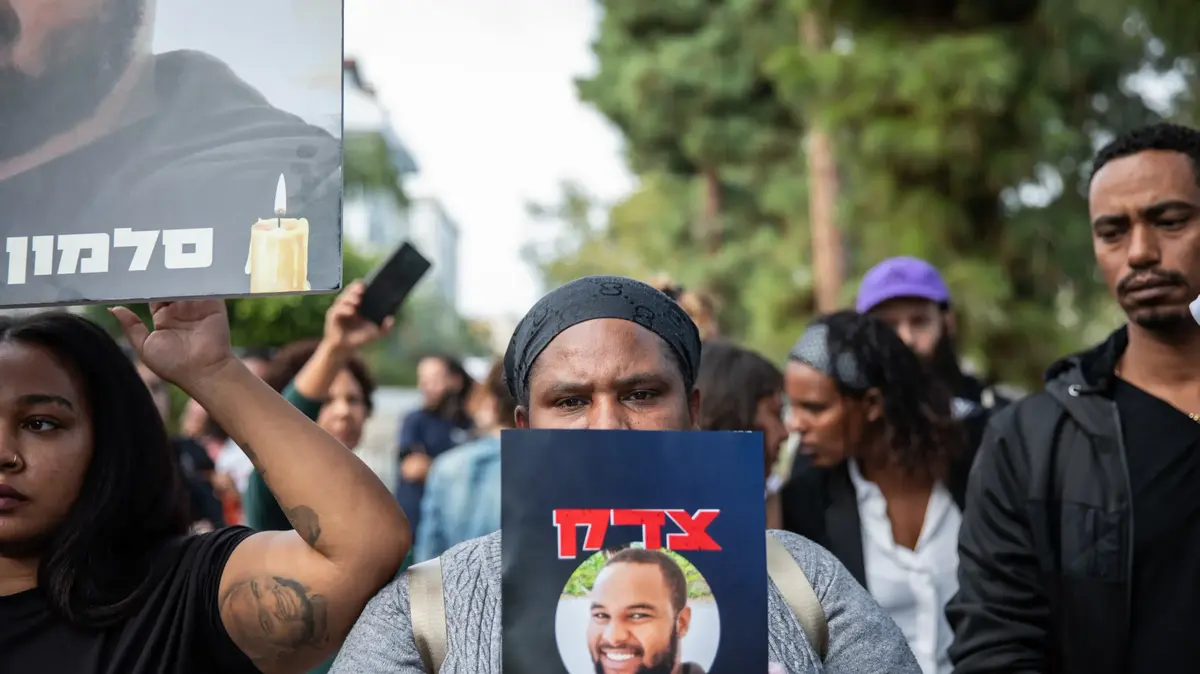

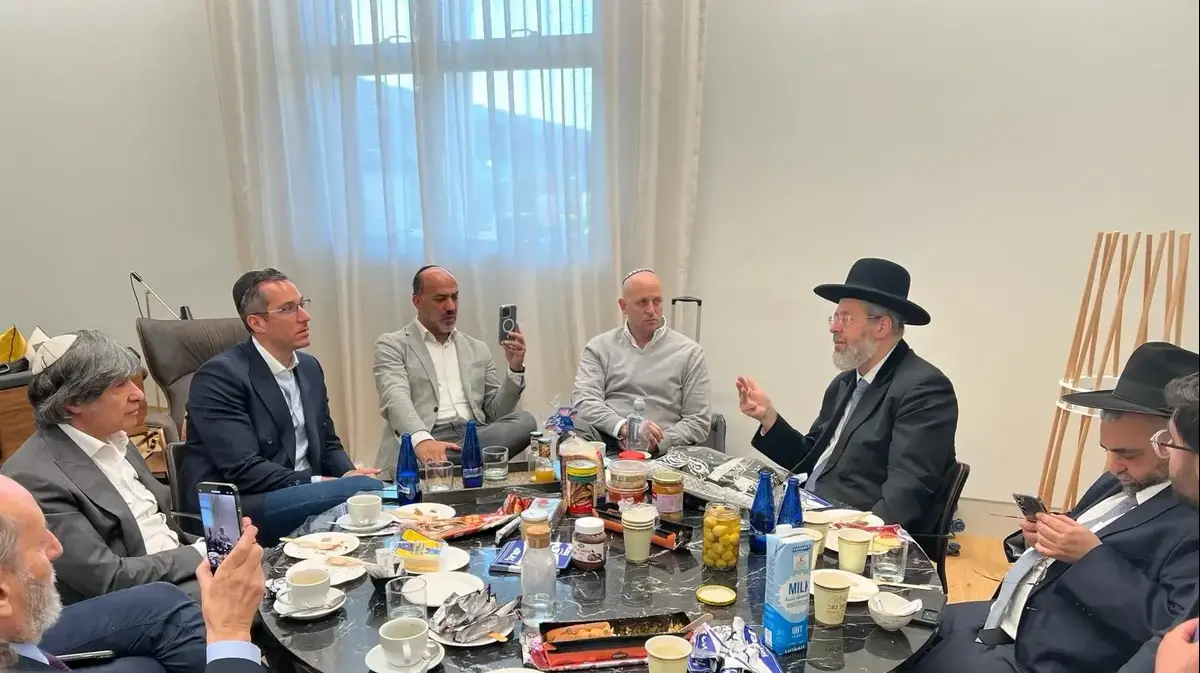
/cloudfront-eu-central-1.images.arcpublishing.com/prisa/2C5HI6YHNFHDLJSBNWHOIAS2AE.jpeg)



